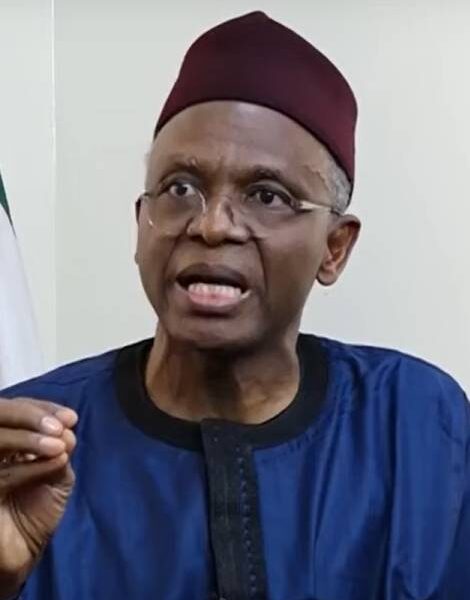Business
Resident Doctors’ Strike Halts Health Services Nationwide

Healthcare services across the country have been disrupted following the commencement of an indefinite nationwide strike by the Nigerian Association of Resident Doctors (NARD), which began at 12:00 a.m. on Saturday. The action affects 91 federal, state and specialist hospitals, where about 11,000 resident doctors have withdrawn from duty.
The doctors are protesting over unpaid salary arrears, welfare issues, staff shortages and poor working conditions, which they say the Federal Government has failed to resolve despite multiple ultimatums. The association insists that the government still owes approximately ₦48 billion in accumulated allowances, contrary to the ₦11.9 billion figure earlier announced as released.
NARD President, Dr. Muhammad Suleiman, said the strike became necessary because only a small portion of the outstanding payments had been addressed. “Efforts made so far do not cover the full extent of our demands. Our members have voted for a total and indefinite withdrawal of service,” he stated.
The industrial action has resulted in severe strain across major hospitals. At the University College Hospital, Ibadan, resident doctors fully complied, leaving consultants to manage emergency cases with limited staff support. Similar scenes were recorded in Lagos, Abuja, Calabar and Asaba, where outpatient clinics were closed and non-critical patients were discharged or referred to private facilities.
In the Federal Capital Territory, the FCTA chapter of the association has also commenced a parallel indefinite strike, citing unresolved salary arrears since 2023, delayed recruitment of new doctors and administrative grievances. The chapter said it will continue its own strike even if the national body suspends its action.
Hospital workers say the current situation reflects broader pressures in the sector, worsened by the continued migration of Nigerian medical professionals to countries offering better wages and career environments. Nurses and consultants still on duty expressed concern that prolonged service disruption could compromise patient outcomes, particularly for those requiring ongoing care.
NARD maintains that the strike is meant to protect the future of public healthcare in Nigeria. “This is not an attack on the government,” Suleiman said. “It is a demand for a healthcare system where doctors can work safely and patients can receive quality care.”
Government authorities are yet to announce the next round of negotiation



